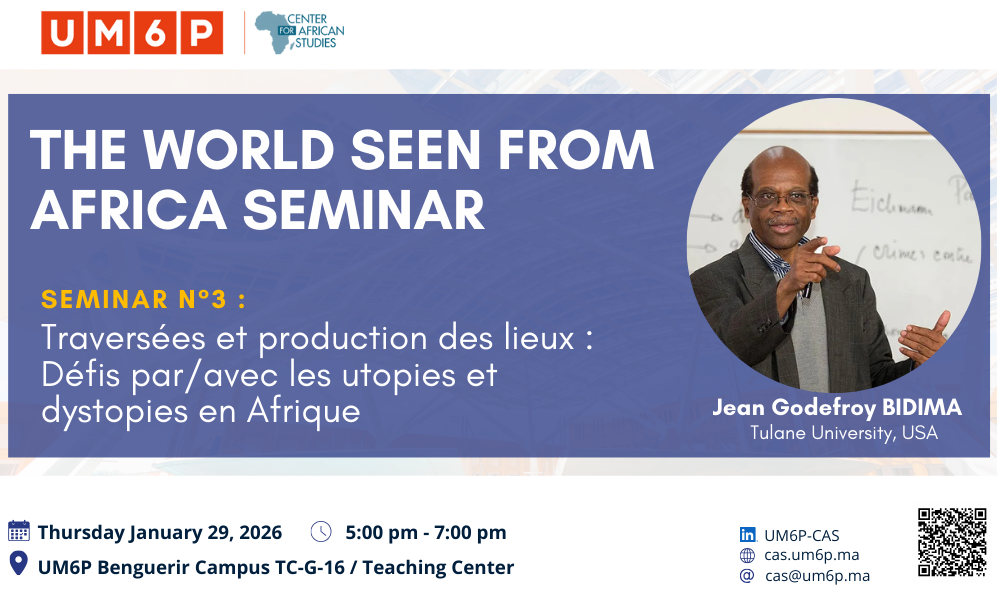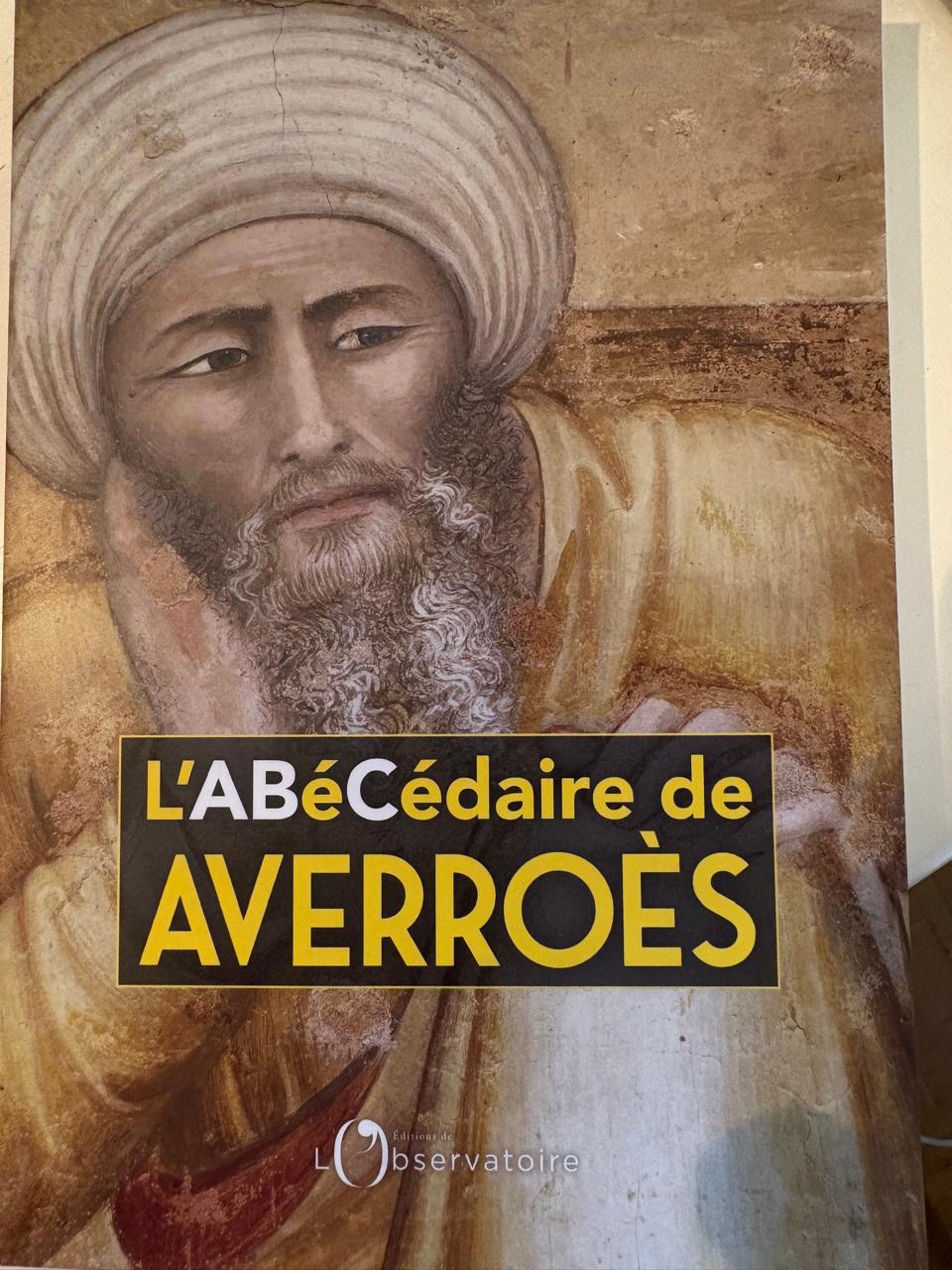
Echoes : Reviving arab philosophy and its relevance in the modern world
Pr. Ali Benmakhlouf (CAS/UM6P)
Dr. Ahmed Tayel (Language Center / UM6P)
March 12, 2025
On episode two—part 1 of Echoes Podcast, host Dr. Ahmed Tayel engages in an in-depth discussion with Dr. Ali Benmakhlouf, a world-famous Moroccan philosopher, regarding the position and role of philosophy in contemporary thinking. Dr. Benmakhlouf begins by answering a fundamental question: “What is philosophy, and why does it matter?” He believes that philosophy is not about providing final answers but a conditioning of the mind in asking the right questions—a school of thought that sharpens the way we understand knowledge, ethics, and human life. He draws inspiration from Ibn Sina, Al-Farabi, and Ibn Rushd, citing how controversy and questioning have been at the centre of Arab and Islamic intellectual heritages, shaping society’s understanding of universal truths. He claims that philosophy assists in steering common concerns by making sure that the questions we pose are correct, pertinent, and headed towards meaningful discourse.
In the second episode of Echoes Podcast, guest Dr. Ali Benmakhlouf, a well-known Moroccan philosopher, is invited by Dr. Ahmed Tayel, PhD talk about the role of philosophy in contemporary thought. Dr. Benmakhlouf explains the nature of philosophy, emphasizing the foundation of inquiry and critical reflection. He argues that philosophy doesn’t provide us with answers but improves the nature of questions that we ask and shapes our notion of truth, knowledge, and society. He distinguishes the truth of knowledge, rooted in expert sciences like mathematics and science, from the truth of action, which involves moral and social beliefs. The dialogue also refers to the historical work of Arab and Muslim philosophers such as Ibn Sina, Al-Farabi, and Ibn Rushd who played a great role in shaping world philosophical discourse, particularly with their engagement of Greek philosophy as well as through their work on logic, ethics, and science. Dr. Benmakhlouf underlines that philosophy acts as an intermediary between religious and secular thought, advocating a model of dialogue bringing together competing intellectual traditions rather than confronting them.




